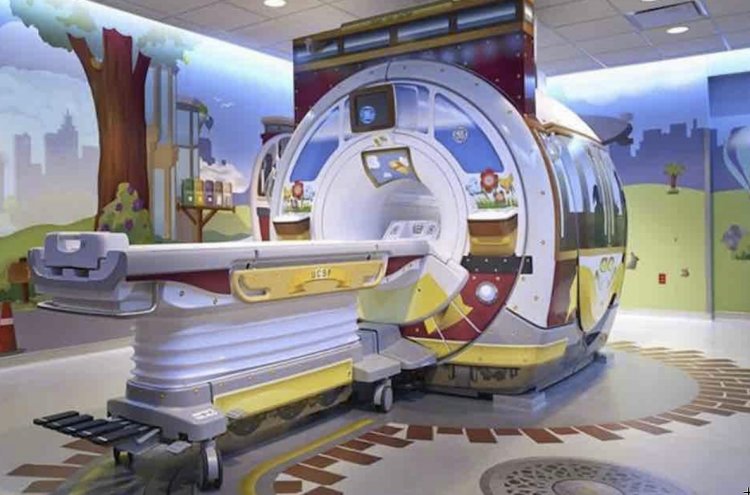Demand for portions of blood in Israel and around the world is growing daily. Israel alone needs 1,200 doses of blood daily. That amounts to 50,000 doses a year per million people – an astronomical amount that is a big problem, because the amount of donors is very small.
The U.S. requires 30 portions of blood every minute so as far as supply and demand they’re not better off than Israel. So what can be done? In the last decade, some researchers have tried to find a way to create artificial blood, and although some of them have succeeded, – it was only a partial success.
But last week, a group of researchers from the University of Bristol, who studied the subject in depth for a private company called the NHS, succeeded where many others failed, and announced a major breakthrough on the subject.
In an article published in Nature Communications, one of the lead authors of the study, Dave Amnesty, explains that, following the significant breakthrough, researchers are now working on the optimal technological way to produce artificial blood, ensuring that we will soon not be dependent on human blood donations alone.
Although in the past scientists were able to produce artificial blood, but the result was inadequate and unsuitable for medical needs. The success of this experiment was made possible by the capture of stem cells in their early stages of development, from which the researchers produced new red blood cells. “The initial use of the artificial blood cell product may be for patients with rare blood types,” explains Amnesty. “Today artificial blood is much more expensive than regular and conventional blood donation, and at least in the beginning, we can use the product only for patients with rare blood types.”





